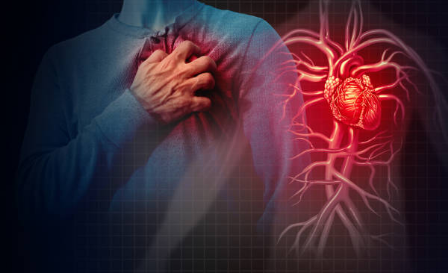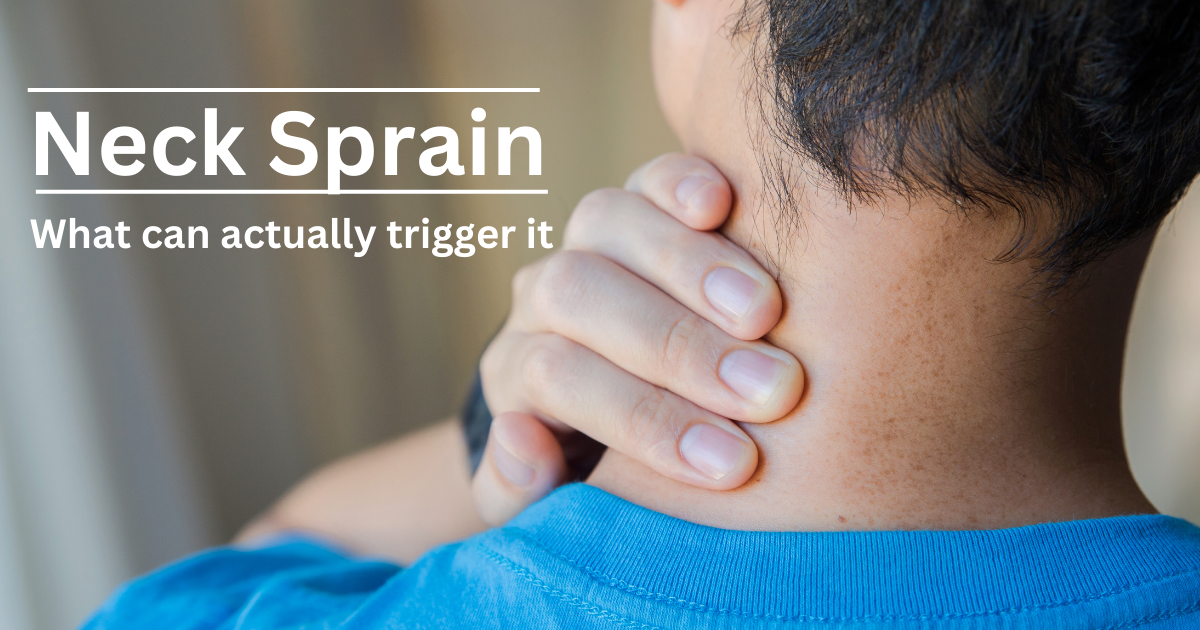Heart disease is a major health concern in the modern world, affecting millions of people each year. According to the World Health Organization (WHO), cardiovascular disease (CVD) is the leading cause of death worldwide, accounting for more than 17 million deaths per year. While some cases of heart disease may be genetic, the majority of cases are preventable with early detection and lifestyle changes.

One of the challenges of heart disease is that it can be difficult to diagnose. In some cases, there may be no obvious symptoms, or the symptoms may be mistaken for other health issues. Here are 10 sneaky signs of heart disease that you should be aware of:
Fatigue:
Feeling tired or exhausted even after getting enough rest is a common symptom of heart disease. This is because when your heart is not functioning properly, your body is not getting enough oxygen and nutrients to function optimally.
Shortness of breath:
Shortness of breath or difficulty breathing, especially during physical activity, can be an early warning sign of heart disease. This symptom is often overlooked or attributed to being out of shape or simply getting older.
Chest pain or discomfort:
Chest pain or discomfort is a classic symptom of heart disease. However, not all chest pain is created equal. Some people may experience a sharp, stabbing pain, while others may feel a dull ache or pressure.
Swollen ankles or feet:
Swelling in the lower extremities, especially in the ankles or feet, can be a sign of heart disease. This occurs when the heart is not able to pump blood effectively, causing fluid to build up in the legs and feet.
Irregular heartbeat:
An irregular heartbeat or heart palpitations can be a sign of an underlying heart condition. If you notice that your heart is beating irregularly or skipping beats, you should speak to your doctor.
Dizziness or lightheadedness:
Feeling dizzy or lightheaded, especially when standing up, can be a sign of heart disease. This occurs when blood flow to the brain is reduced due to a problem with the heart.
Nausea or vomiting:
Feeling nauseous or vomiting can be a sign of heart disease, especially in women. These symptoms are often overlooked or attributed to other causes, such as a stomach bug or food poisoning.
Jaw or neck pain:
Pain in the jaw or neck, especially on the left side, can be a sign of heart disease. This is because the nerves that supply these areas also supply the heart.
Snoring:
Snoring can be a sign of sleep apnea, a condition that is associated with an increased risk of heart disease. This is because sleep apnea causes interruptions in breathing, which can put stress on the heart.
Erectile dysfunction:
Erectile dysfunction (ED) can be a sign of heart disease, especially in men. This is because ED is often caused by problems with blood flow, which can be a result of underlying heart disease.

In addition to being aware of the sneaky signs of heart disease, there are also steps you can take to reduce your risk of developing the condition in the first place. Here are a few tips to keep your heart healthy:
Maintain a healthy diet
– Eating a diet rich in fruits, vegetables, whole grains, and lean proteins can help to reduce your risk of heart disease. Avoiding processed foods and foods high in saturated and trans fats is also important.
Exercise regularly
– Regular exercise can help to keep your heart healthy by improving cardiovascular function, reducing inflammation, and helping to maintain a healthy weight. Aim for at least 30 minutes of moderate-intensity exercise per day.
Manage stress
– Chronic stress can have a negative impact on your heart health. Practice stress management techniques such as meditation, yoga, or deep breathing to help manage stress levels.
Avoid smoking and limit alcohol consumption
– Smoking is a major risk factor for heart disease, and even moderate alcohol consumption can increase your risk. Quitting smoking and limiting alcohol intake can help to improve your heart health.
Get regular check-ups
– Regular check-ups with your doctor can help to detect heart disease early and allow for prompt treatment. Be sure to discuss any concerns you may have about your heart health with your doctor.
By taking these steps to protect your heart health, you can reduce your risk of developing heart disease and live a longer, healthier life. Remember, it is never too early or too late to start taking care of your heart. By being proactive about your heart health, you can enjoy a happier, healthier future.
If you have been diagnosed with heart disease, there are still steps you can take to manage your condition and improve your overall health. Here are a few tips for managing heart disease:
Take medications as prescribed – Your doctor may prescribe medications to help manage your heart disease, such as blood thinners, cholesterol-lowering drugs, or blood pressure medications. It is important to take these medications exactly as prescribed to help manage your condition.
Make lifestyle changes
– Lifestyle changes such as eating a healthy diet, exercising regularly, and quitting smoking can help to manage heart disease and improve your overall health.
Manage other health conditions
– If you have other health conditions such as diabetes or high blood pressure, it is important to manage these conditions as well. This can help to reduce your risk of complications from heart disease.
Attend regular check-ups
– Regular check-ups with your doctor are important to monitor your heart health and adjust your treatment plan as needed.
Seek support
– Living with heart disease can be challenging, both physically and emotionally. Seek support from friends, family, or a support group to help manage the emotional aspects of your condition.
By taking these steps to manage your heart disease, you can improve your overall health and reduce your risk of complications from the condition. Remember, managing heart disease is a lifelong process, but with the right treatment and lifestyle changes, you can lead a fulfilling life with a healthy heart.



